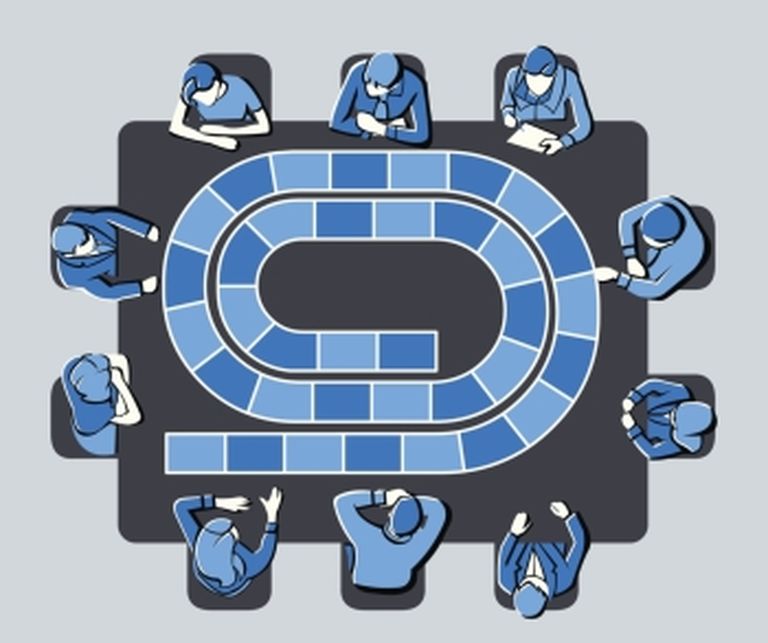While the number of professionals in the industry grew by more than 700,000 last year, the global cybersecurity workforce still needs to grow 65% to effectively defend organizations’ critical assets. Yet beyond the need for growth, the field continues to be predominantly male and Caucasian while underrepresented groups like women, Black, and Latinx professionals make up a much lower percentage of the workforce.
So how do we tackle the challenge? The good news is that organizations and institutions around the world understand that they need to rethink how they hire and that closing the workforce gap means looking in non-traditional areas for diverse candidates, as well as ensuring that the barriers to entry are removed. This includes fostering more inclusive environments where diverse professionals feel a sense of belonging.
It’s past time to not just recognize the need for change but evolve the language the industry uses to ensure that it promotes inclusivity and is bias-free. We know that language is a powerful tool, but seemingly obvious changes to promote inclusive language initiatives are bound to face pushback. That said, there is a clear business case for change. After all, isn’t cybersecurity steeped in continuous learning and agility to combat worldwide threats?
More than three quarters (79%) of organizations believe that fostering a sense of belonging in the workplace is crucial for their organization’s success. We have also heard, in their own words, that women and people of color struggle to feel a sense of belonging and value within traditional cybersecurity organizational settings, and that more than half of participants in a recent survey believe there is an issue regarding non-inclusive language in technology and cybersecurity.
Many employees believe that a lack of awareness around the issues regarding non-inclusive language in cybersecurity is the biggest barrier to enabling effective change. Organizations that take a hard look at how they may be implicitly or explicitly excluding workers will open themselves up to a much broader pool of talent that is sorely needed at this time.
Cybersecurity is not alone. Other industries like the legal profession and academia have developed glossaries of oppressive language including information about context and recommended alternatives, and technology giants like Cisco, Microsoft and Apple, among others, are actively working to remove biased language in their product and solution ecosystems.
The cybersecurity industry is challenging and ever-changing. It needs globally diverse innovative thinkers and problem solvers to keep up. At the same time, leaders need to understand that certain terms have varying meanings to individuals from diverse groups and drive the positive behaviors that enable the industry to attract and retain talent that is more reflective of the world at large. Inclusive terminology is just one way to demonstrate commitment to DEI and cultivating a sense of belonging, but it shows that the industry is evolving and committed to removing barriers.





